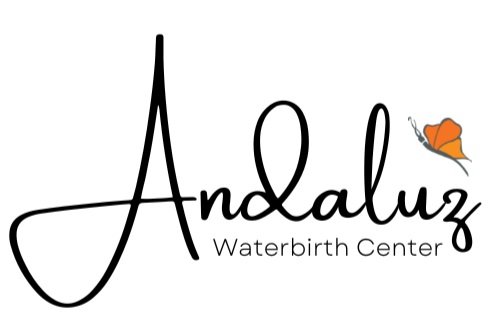How to Protect Your Baby From RSV
This year is shaping up to be a particularly bad one for RSV (respiratory syncytial virus). According to NPR, “In normal years, RSV sends thousands of children to the hospital over fall and winter, but for the second year in a row experts have seen an unprecedented spike in the number of cases beginning during the summer months.”
For adult and older children, RSV usually presents like a cold, but in younger children, and especially infants, the virus can be more severe, causing pneumonia and bronchitis that may require hospitalization.
Immunity to RSV grows with exposure, so new babies and toddlers who were born during the pandemic when isolation and social distancing was common have not yet had a chance to build immunity.
Here are some tips to help protect your baby from RSV.
Avoid others who are sick or have recently been sick
An adult with mild cold–even just a case of the “sniffles”–can actually have RSV. It’s important to ask adults who will be in contact with your baby how they are feeling, and if they’ve recently been sick. Don’t be afraid to cancel or reschedule plans with people who have any cold symptoms.
Remember hand hygiene
Have everyone who comes into your home or who will be in contact with your baby wash their hands thoroughly. If you have older children, start a habit of having them go straight to the bathroom to wash their hands after school.
Be careful with kissing
While it can be so tempting to kiss a baby’s soft skin, you can ask friends, relatives, and even older siblings to refrain from kissing your baby (especially on the baby’s face and hands). Don’t be afraid to be firm in setting boundaries.
Consider masking
Although there is not a new mask mandate in place, Multnomah County Health officials are strongly recommending that masks be worn in indoor public spaces again at least through the last few weeks of 2023.
Avoid sharing drinks, food, and utensils
While at holiday parties, make sure not to accept bites of food from others’ plates or off of utensils others have used. Keep track of your drink cups. If disposable cups are being used, consider bringing a marker to label yours, or bringing a water bottle from home.
Babywear in public
Wearing your baby in a carrier turned in toward your chest when out in public can help to reduce the number of people who reach out to touch your baby, since touching your baby also means moving into your personal space. If your baby is tucked snuggly into a carrier, it may also prevent others from asking to hold your baby at family gatherings.

